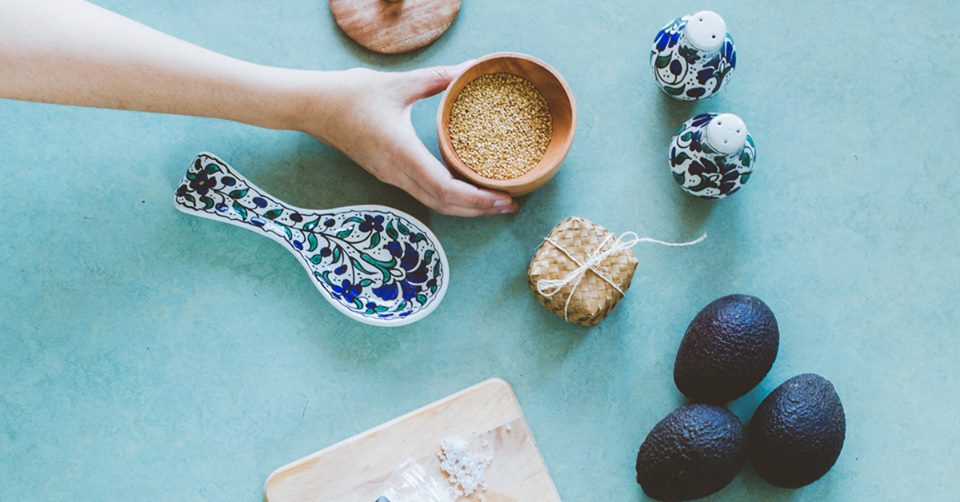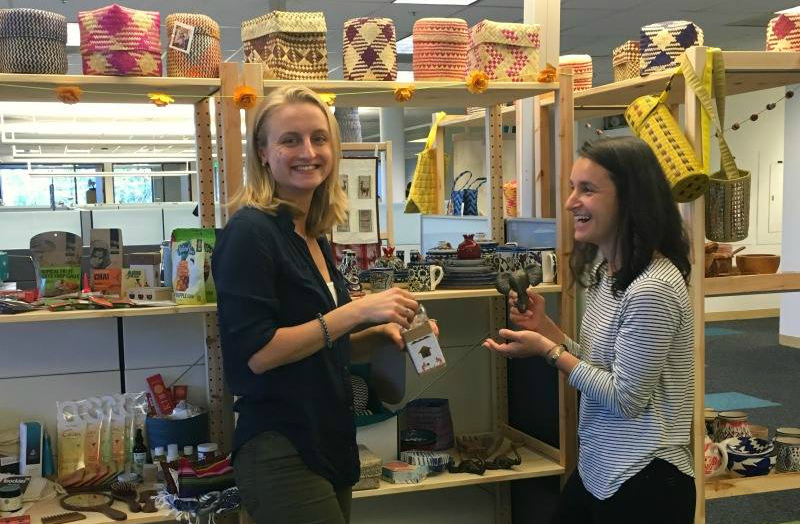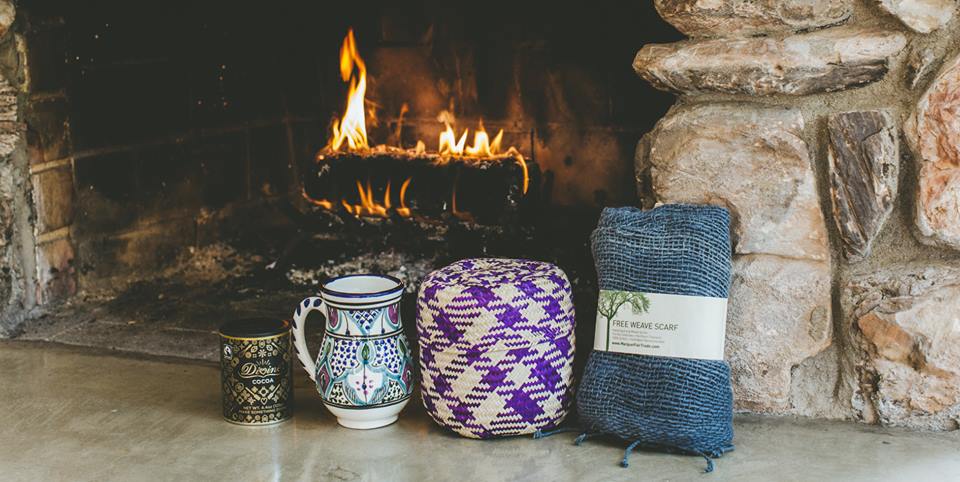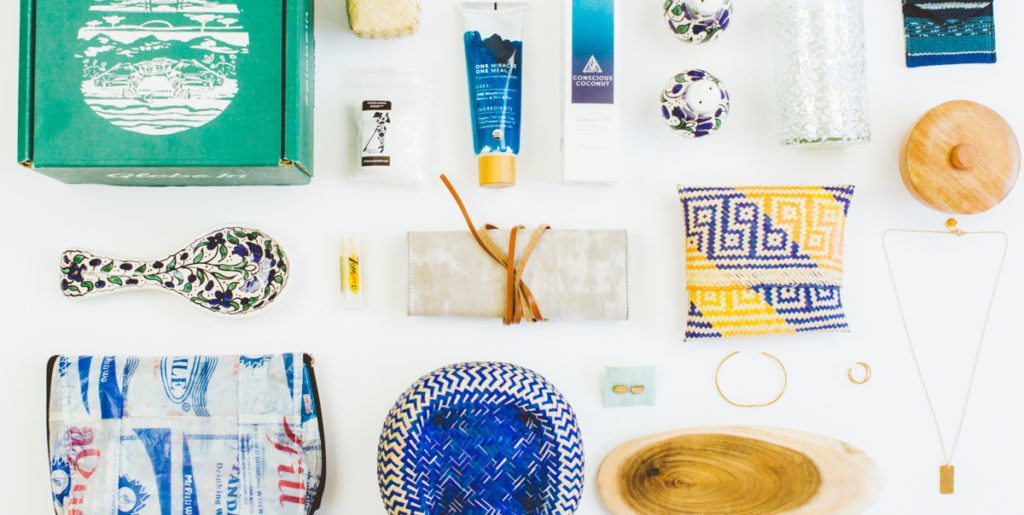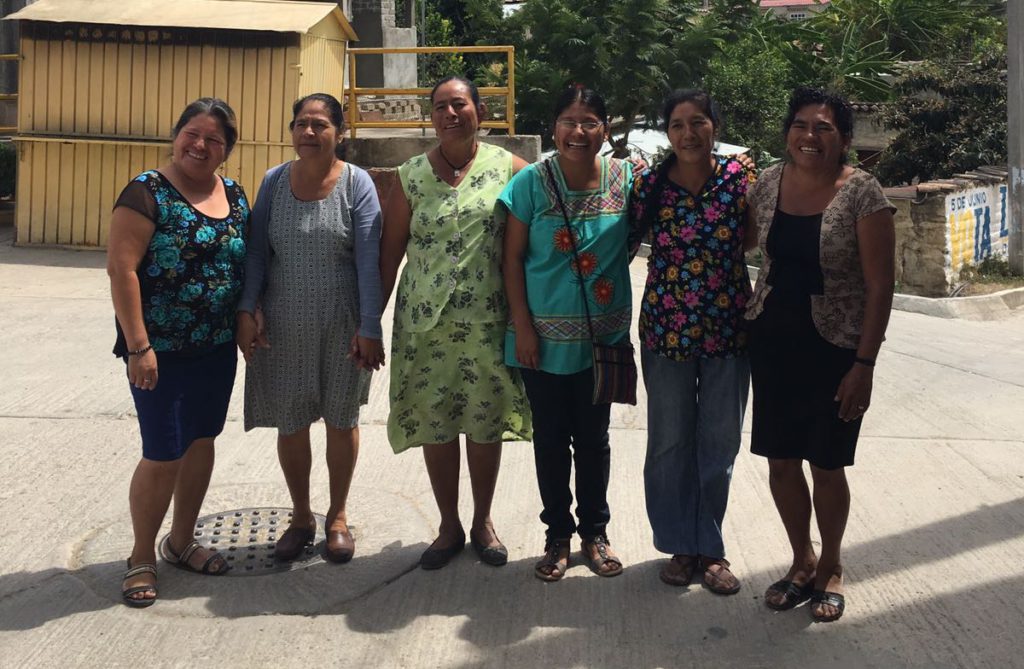This guest post was provided by Liza Moiseeva of GlobeIn. Read more from Liza on the GlobeIn blog!
It started with a box. A social business startup dreamt of connecting artisans in developing countries to the global marketplace using a subscription model. This became GlobeIn's Artisan Box. In one year, GlobeIn grew its business by sixteen times to over $1 million in annual revenue. Here are the lessons learnt along the way...
Recently, I started hearing more and more from amazing, driven women who want to start companies that work with artisans, farmers, human trafficking victims, and so forth.
These women are GlobeIn customers who have been inspired to make a difference in the world. I applaud you. And, I am happy to share our experience so that your social business journey is an easy one (just kidding – that never happens). This post is for you and for anyone passionate about creating a sustainable positive impact in the world.
Below are the key 5 lessons we at GlobeIn learned while growing, pivoting, and scaling up our business over the last 3 years.
PRODUCT FIRST, MISSION SECOND
GlobeIn started as an “Etsy” for the developing world. There was an obvious consumer demand for artisan made crafts, but not all crafts are created equal. When we launched the alpha version of the Artisan Box, we sent our customers a box full of 3-5 products from a new country every month.
But, there was a problem.
These products were typical products you’d find in a bazaar in Ghana, Mexico, or Guatemala. These were tchotchke, souvenir-type items that one doesn’t need in everyday life.
Only when we drastically improved our curation process, established higher quality standards, and focused on practical products that an average American woman could fit into her lifestyle, we saw our subscriber base growing.
The best example of this approach is TOMS. The company managed to grow its business to $625 million valuation not just by using its heart-warming and ever-so-simple business model “One for One,” but by making a product that clearly appealed to their audience in design, quality, and price.
Here’s the piece of advice that stuck with me the most from this year’s Fair Trade Federation Conference said by Ben Cohen of Ben & Jerry’s: If you don't design for US market, don't expect to own even a minuscule percentage of that market.
SERVE YOUR CUSTOMERS
I know, I know. Fair trade is all about helping artisans and farmers lift themselves out of poverty. It is why I am here. It is why GlobeIn is here.
But here’s a realization I quickly came to: if you don’t give your customers what they want and keep them happy, you won’t be of much help to your artisans: Artisans are why we started the business; customers are the reason why we are in business.
This transcends the first point of product first – you have to listen to your customers, to learn from them, and to provide exceptional customer service. You might be surprised but just the fact that you are a social business or a nonprofit doesn’t mean that your customers will let your slow customer service slide.
At GlobeIn our mission is two-fold – to curate amazing artisan products at the best-possible prices for our customers and by doing so to create sustainable recurring revenues for the artisans.
COMPETE WITH AND OPERATE LIKE TRADITIONAL FOR-PROFIT BUSINESSES
Since GlobeIn’s main product is the Artisan Box, many of our customers subscribe to other monthly boxes and. Unsurprisingly, they compare their Artisan Boxes to other lifestyle subscriptions like PopSugarMustHave or FabFitFun. I apologize if these names don’t mean anything to you, because, well, they have nothing to do with conscious consumption. These are lifestyle boxes full of cheap manufactured products.
It’s hard for GlobeIn to compete with product budgets of other boxes. We have to pay artisans fair wages when other subscription boxes can pay pennies. But, we have to constantly keep finding a solution to this puzzle – how to provide the best value to the customer while paying fair wages to artisans. It sounds difficult, but when you realize that solving this puzzle determines whether you make it as a business, you do it.
As you are competing with traditional for-profit businesses, make sure that you learn from them along the way. For example, my personal subscription to Le Tote taught me the ultimate importance of the tissue paper – the one that keeps your box so neat and tidy.
Look up to the best in business (social or not), set ambitious growth goals, and constantly work on improving your product or service.
GET A LINE OF CREDIT
If you are a retailer with any significant operations, you know what I mean. If you are a newcomer who wants to build a retail business (online or offline), just Google it.
A typical retail company starts planning its collections up to 9 months before it hits the store. That’s because they are ordering hundreds of thousands of products.
If you are a boutique fair trade store ordering a few hundred of any given product, you probably don’t have to plan that far in advance. However, if you are a social business that wants to scale, you will need to plan at least 6 months in advance, especially if you are dealing with handmade artisan goods.
This is when you get a loan that will help you finance your product sourcing long before you receive products (and even longer before you make any profit).
Even the most cash-rich e-commerce company wouldn’t be able to finance their inventory with profits.
Even better, as a social business or nonprofit you can get this type of loan from an impact investing company that would be much more understanding about your longer return horizons and much more appreciative of the social impact you create. RSF Social Finance is a good example of an impact investor providing such financial tools.
PLAN YOUR CASH FLOW
The majority of your sales (60-70 percent) will happen between October 15th and December 15th, so plan accordingly.
Are you a fair trade company or a social business? Are there any mistakes you’ve made along the way or piece of advice other changemakers can learn from? Please share in the comments below.
Every month, the GlobeIn Artisan Box delivers a fresh collection of useful and enthralling items from around the world. As an Artisan Box Subscriber, you learn about the products and the people who made them while discovering simpler ways to live a more fulfilled lifestyle. By subscribing to the GlobeIn Artisan Box, you can feel good about the products you use, the people you support and how your choices contribute to a better world.
Learn more and order the GlobeIn artisan box on their website! Interested in contributing a guest post on the Alliance for Artisan Enterprise blog? Email gina.rogari@aspeninst.org today!


